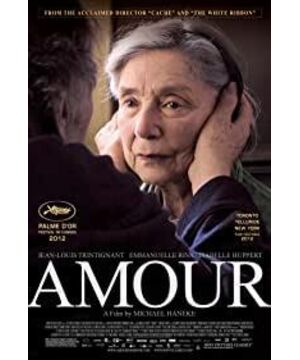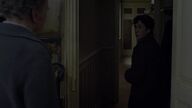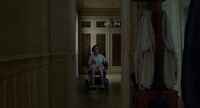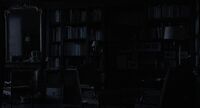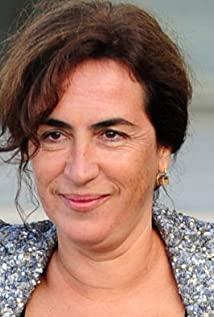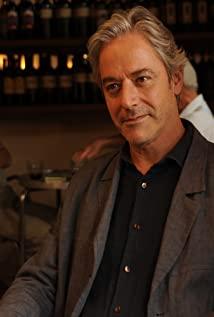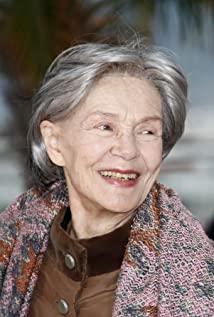Listening Translation: Mingxin.
From an interview of BR-KLASSIK-Radio on September 20, 2012 with French pianist Alexandre Tharaud, who played the true role in the film.
Question: When and under what circumstances did you meet the director Haneke?
Alexandre Tharaud: I know this man because I have seen almost all the movies he directed before. He has always been an artist I admire. Through this film cooperation, I admire this man even more. About a year and a half ago he asked me if I wanted to participate in this new movie, because they were looking for the most suitable pianist. They don't want a pure actor, but a pianist, a pianist who can play the role of an actor at the same time. This is really not easy. They probably found 30 pianists to audition, but they didn't work at all. Then they contacted me. I must admit that I was very, very surprised and surprised at the time. Because I never thought that I could personally know the director Haneke and participate in his works. I immediately agreed to participate in the audition because I must know him. In the end I got this role. Then the shooting was completed in three days. It is a very wonderful experience for me.
Question: It is common for pianists to perform in front of the public, but performing in front of the camera is a completely different experience, right?
AT: Yes, I never thought I could be in a movie. In this movie, my name is Alexandre, and what I do in the movie is almost exactly what happened in my real life. For example, I went to visit my piano teacher at the time. There is such a female teacher in my real life, just 90 years old. I will visit her regularly. In the first scene of the film, I played at the Champs Elysées Theatre, where I performed once or twice a year in real life. And the director Haneke thinks more far-reachingly. He even recruited those audiences who have actually listened to my concerts to shoot for me, so that they can also act as audiences in the movie.
Question: One week after the concert, you visited your piano teacher. We were all impressed by one scene, that is, you are sitting there for a long time waiting for your teacher to come out. Is this scene difficult to perform?
AT: For the processing of this scene, I imagined it as visiting my piano teacher in real life. For example, facing the camera, I tried to see her face in my mind. When I watched the piano on the set, I tried to make I'm looking at the piano in my teacher's house, and when I look at the painting in the room, I let myself see the painting in my teacher's house. As a result, there are two scenes in my mind at the same time, and the same is true for the furniture at home. Then I can navigate this quiet scene relatively easily.
Question: There is almost no music in this movie. Almost all music fragments come from your performance. We can hear it on the CD. For example, if you play Schubert live in front of the piano, this is also cut off. What role does music play in this movie?
AT: I think the role of music in this movie is the same as the role in all other films directed by Haneke. I haven't heard of anyone he asked to write the soundtrack for his movie. Music only appears in places where music appears in movies. For example, Funny Games, which he directed, has some music from the radio. In this Amour, the music one appears during a concert in the Champs Elysees Theater, and that music is part of the scene. It came from the inside, not from the outside. The several songs included in this movie CD were recorded in the recording studio before, and then Deutsche Klassik wanted to record them and publish them on CD. But in the movie we can't hear them completely, because they are often cut off. I think quietness is more important to the director than music. The movie is quiet from beginning to end. Therefore, when music appears in this movie, this music carries more weight and meaning.
View more about Amour reviews


